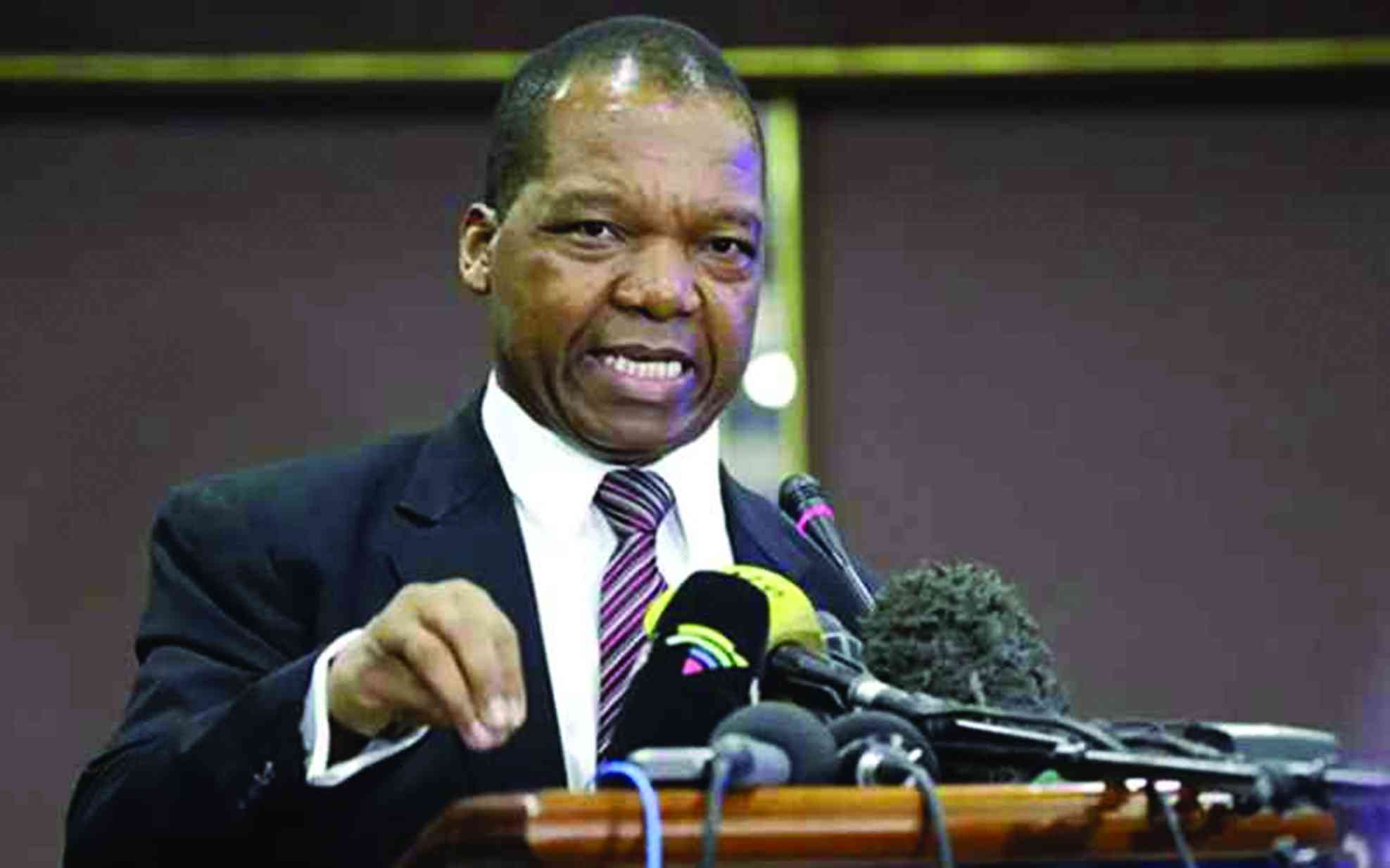
SOUTH AFRICAN financial services firm, Standard Bank Group Limited, is abandoning hyperinflationary reporting for its local subsidiary, Stanbic Bank Zimbabwe, after adopting the greenback as the entity’s reporting currency despite the introduction of a new currency, Zimbabwe Gold (ZiG).
Since its launch, ZiG has remained relatively stable, depreciating by about 1,7% to US$1:ZiG13,78 as of yesterday morning.
ZiG, which debuted in April, is backed by gold and cash reserves with authorities touting the currency as the country's first step in the de-dollarisation drive.
“The macroeconomic landscape reflected challenges due to commodity price fluctuations and diverse economic conditions. El Niño exacerbated the situation, causing severe droughts and national disasters in Malawi, Zambia and Zimbabwe,” Standard Bank said in its half year financial results for the period ended June 30, 2024.
“In response to foreign exchange volatility, Zimbabwe introduced a new gold-backed currency called Zimbabwe Gold during April 2024.”
Standard Bank said: “Notwithstanding the introduction of the new currency, given the usage and availability of US$ in Zimbabwe, Standard Bank Group amended the functional currency of its Zimbabwean operations from January 1, 2024 to US$. Given this functional currency change, the group will no longer prepare Zimbabwe results on a hyperinflationary basis.”
During the period, the banking group reported that its south and central Africa headline earnings increased by 8% to ZAR4,24 billion (US$235,79 million) with a return on equity (ROE) of 28,6% (1H23: 29,5%).
Standard Bank said its regional performance was impacted by persistent inflation and the accelerating depreciation of local currencies in Malawi and Zimbabwe.
- Awards target married couples
- Awards target married couples
- Stanbic donates solar-powered borehole
- Sibanda living his writing dream
Keep Reading
“Trading revenue declined by 21%, on the back of non-recurring revenue earned on the devaluation of the local currency in Zimbabwe in the prior period as well as reduced client activity against a backdrop of US dollar liquidity shortages in Malawi and Mozambique,” Standard Bank said.
“Operating expenses increased by 13%, driven by persistent inflation in Zimbabwe, continued investment in digitisation initiatives to support revenue and client growth, the impact of local currency devaluation on US$-denominated contracts, and increased travel and entertainment costs. Cost containment measures continue to remain a key focus area for management in the region.”
The parent company’s Africa regions portfolio delivered headline earnings of ZAR708 million (US$39,27 million), down by 2% (constant currency (CCY): 44% growth), mainly driven by the impact of local currency translations to ZAR.
“This resulted in an ROE of 21,6% (1H23: 21,1%). The strong CCY earnings performance was delivered in a challenging operating environment as the franchise absorbed the impact of elevated inflation, higher average interest rates, and higher cash reserving costs in Ghana, Mozambique, Zambia and Zimbabwe,” Standard Bank said.
During the period under review, the group’s total net income remained flat at ZAR88,37 billion (US$4,89 billion), from the 2023 comparative, buoyed by a 9% drop in non-interest income.
Consequently, this saw Standard Bank’s profit-after-tax have a slight dip of 1% to ZAR24,73 billion (US$1,37 billion) for the period under review compared to the 2023 comparative.
As of June, Standard Bank had total assets worth ZAR3,1 trillion (US$171,95 billion), up 2% from the prior year.











